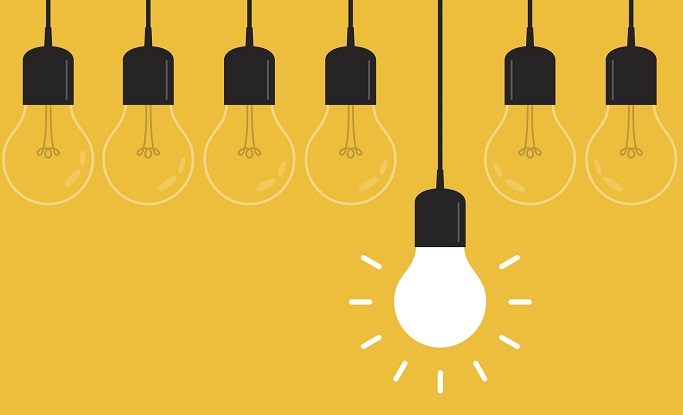Artificial Intelligence Helps Providers Choose Depression Therapies
An artificial intelligence algorithm can accurately predict whether an antidepressant will work based on brain activity.

Source: Thinkstock
- Artificial intelligence tools may be able to help providers objectively diagnose and prescribe depression treatments based on analyses of brain activity, according to a study published in Nature Biotechnology.
The findings are part of a national trial initiated by UT Southwestern in 2011, which seeks to better understand mood disorders. Several studies from the trial demonstrate how advanced technologies, including AI, brain imaging, and blood tests, could help doctors choose appropriate depression therapies.
"These studies have been a bigger success than anyone on our team could have imagined," said Madhukar Trivedi, MD, a UT Southwestern psychiatrist who oversaw the multi-site trial involving Stanford, Harvard and other institutions. "We provided abundant data to show we can move past the guessing game of choosing depression treatments and alter the mindset of how the disease should be diagnosed and treated."
Researchers noted that in the US, antidepressant use has increased nearly 65 percent over a decade and a half. The increased use of this medication makes it more crucial to further understand the underpinnings of depression and ensure patients are prescribed the appropriate treatment.
"It can be devastating for a patient when an antidepressant doesn't work," Trivedi said. "Our research is showing that they no longer have to endure the painful process of trial and error."
The team evaluated more than 300 participants with depression who were randomly chosen to receive either a placebo or a selective serotonin reuptake inhibitor (SSRI), the most common class of antidepressant. Researchers used an electroencephalogram (EEG) to measure electrical activity in the participants’ cortex before starting treatment.
The group then developed a machine learning algorithm to analyze and use EEG data to predict which patients would benefit from the medication within two months. The algorithm was able to accurately predict outcomes. Additionally, further research indicated that patients who weren’t likely to respond to antidepressants were likely to improve with other interventions, such as psychotherapy and brain stimulation.
The researchers derived study data from the 2011 trial initiated by UT Southwestern, called the EMBARC trial. EMBARC aims to develop biology-based, objective strategies to treat mood disorders. The trial evaluates participants with major depressive disorder through DNA, blood, and other tests, and seeks to address the fact that most patients don’t adequately respond to their first antidepressant.
"We went into this thinking, 'Wouldn't it be better to identify at the beginning of treatment which treatments would be best for which patients?'" Trivedi said.
Previous EMBARC studies identified various predictive tests, including the use of MRI to examine brain activity both in a resting state and during the processing of emotions. EEG will likely be the most commonly used tool, because it is more effective and less expensive. However, a blood test or MRI may be needed for some patients if the depression manifests itself in a different way.
"There are many signatures of depression in the body," Trivedi said. "Having all these tests available will improve the chances of choosing the right treatment the first time."
Researchers’ next steps involve developing an AI interface that can be widely integrated with EEGs across the country, as well as seeking approval from the FDA. With this new method, providers could significantly improve depression therapies.
“This study takes previous research, showing that we can predict who benefits from an antidepressant, and actually brings it to the point of practical utility,” said Amit Etkin, MD, PhD, a Stanford University psychiatry professor who worked with Trivedi to develop the algorithm.
